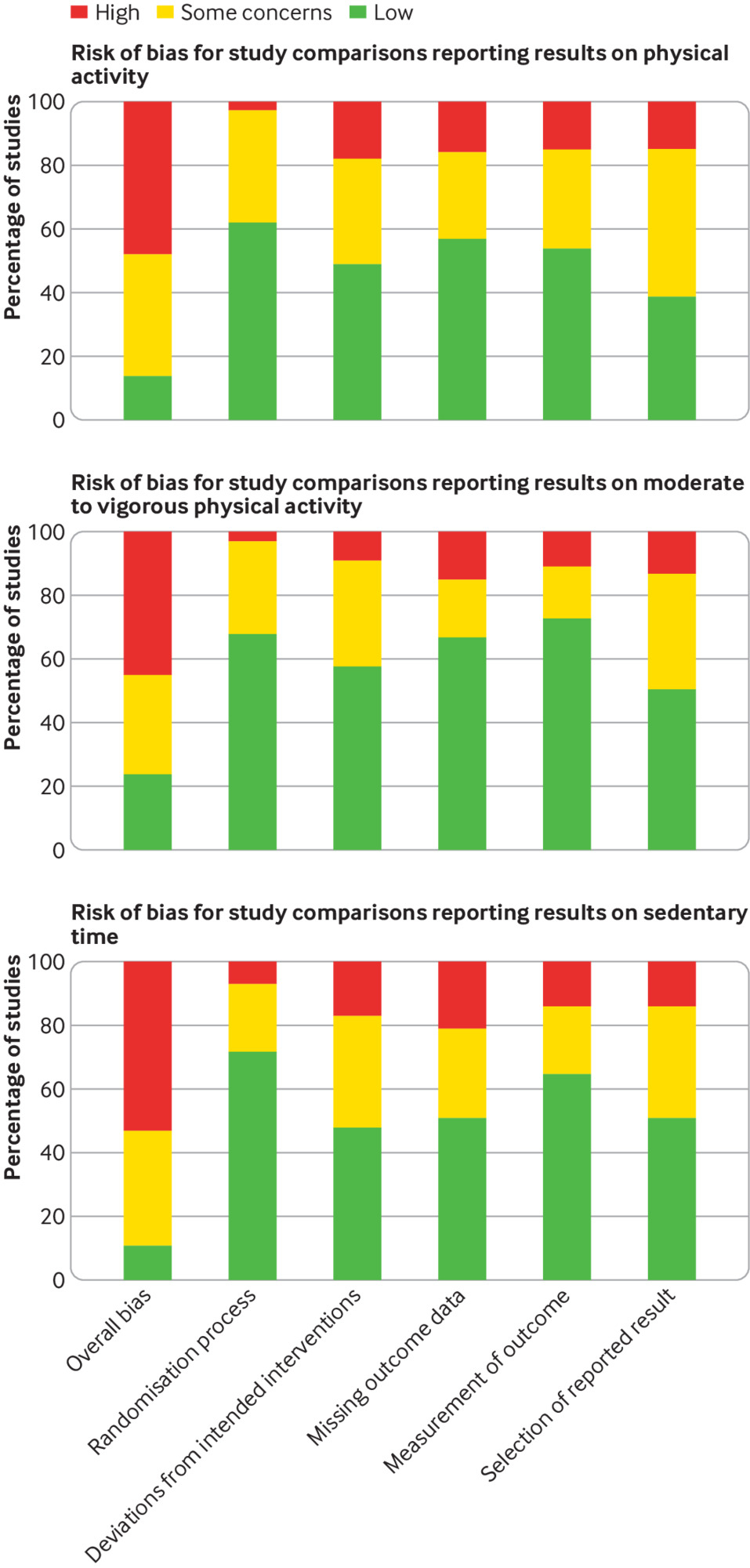Several environmental and lifestyle factors have been associated with a significant risk of developing atopic dermatitis in preschool children in Shenzhen, China, including the presence of mold in the room. -children, living in a villa / townhouse, and using composite wood floors.
Certain environmental and lifestyle factors may predispose preschool children to an increased risk of developing atopic dermatitis (AD), according to the findings of a study published in Frontiers in Public Health.
One of the most prevalent inflammatory skin diseases among children, the risk of AD has been shown to be potentially influenced by genetic, environmental and social factors. In addition, variables of the residential and household environment may also play a role with respect to AD risk, although few studies have investigated this effect in children.
“Dietary habits such as eating vegetables and fruits and lifestyle factors (e.g., parental smoking) can also increase the likelihood of eczema. But the current findings were partly conflicting, which could be due to many confounding factors in dietary and lifestyle factors, ”they added.
Seeking to investigate associations of dietary habits, residential / home environment, and lifestyle at risk of AD children, researchers conducted cross-sectional analysis of data on preschool children in Shenzhen, China, derived from China-Children-Homes-Health nationwide. (CCHH) between 2015-2016.
“Rapid urbanization and industrialization in China has changed people’s consumption patterns, lifestyles, and living environments,” the study authors noted. “Meanwhile, the prevalence of eczema in children has also increased rapidly.”
Of the 4614 questionnaires collected in about 30 kindergartens in Shenzhen, China, 2781 were included in the analysis. Several factors were assessed in terms of dietary habits, residential / home environment, and lifestyle, with logistic regression models used to analyze the associations:
Across the study cohort, the prevalence of AD among preschool children was 24.6%, which was comparable to trends observed in other Chinese cities, such as Wuhan (23%) and Shanghai (21.1). %), as well as in developed countries of Spain (21.9). %) and Sweden (23.0%), suggesting that AD is a widely distributed public health problem.
Significant associations for physician-diagnosed AD and symptoms such as AD, respectively, were observed for several variables, including the use of composite wood flooring (adjusted OR [aOR], 1.777; aOR, 1.911), living in villa / townhouse (aOR). , 3,102; aOR, 2.156), the presence of damp mold or stains in the children’s room (aOR, 1.807; aOR, 2.279), and rarely cleaning the children’s room (aOR, 1.513; aOR, 1.540).
In addition, watching TV / playing video games for more than an hour a day was significantly associated with physician-diagnosed AD (aOR, 1.172) and symptoms such as AD (aOR, 1.174). Eating rice / pasta once to 3 times a week has also been indicated to increase the risk of symptoms such as AD (aOR, 1.343), which the researchers said needs further investigation.
As ambient air pollution was included in the adjusted covariates, they added that this could also affect the risk of AD in childhood.
“Parents and kindergarten staff should make an attempt to avoid giving their children too many electronic-based tasks and create a low-risk living environment for children during their growth stage,” concluded researchers.
Liu Y, Sun S, Zhang D, Li W, Duan Z, Lu S. Effects of residential environment and lifestyle on atopic eczema among preschool children in Shenzhen, China. In the face of Public Health. Published online May 16, 2022. doi: 10.3389 / fpubh.2022.844832
Does temperature affect eczema?
Whether very hot or very cold, extreme temperatures can affect eczema. During the winter months, the humidity that provides moisture in the air decreases. To see also : Art summer camps are free for San Diego Unified students. Dry air often results in dry skin, which can aggravate eczema. Warm temperatures can also aggravate eczema.
Does the cold weather make eczema worse? For many people, eczema flares come and go. Several factors combine to make it more common in the cooler months, says dermatologist John Anthony, MD. “Cold air, wind and a drop in moisture can all dry out the skin,” he says. â € œThat moisture loss can cause eczema flare.â €
Is cold good for eczema?
Ice can be helpful in relieving a really bad flare-up. Ice therapy works by applying a pack of ice to your flaring skin to shake the area, contract your veins and reduce blood circulation. This method helps to eliminate itching and feels wonderful on hot skin.
Is eczema worse in summer or winter?
“Eczema usually improves in summer with some natural sunlight and worsens in winter when it is cold and damp,” explains Dr Anton Alexandroff, a dermatologist consultant and spokesman for the British Skin Foundation. This may interest you : These tips can help seniors maintain a healthy lifestyle.
Is sunshine good for eczema?
Because eczema is a type of inflammation, and the sun provides an anti-inflammatory effect. More specifically, its ultraviolet (UV) rays can help improve eczema. On the same subject : From video games to animal visits to fish painting, New Orleans libraries offer a busy week. This is the concept behind phototherapy, used to minimize flare-ups.
Does sunlight make eczema worse? If you have severe eczema, overexposure to the sun can make your condition worse. Sunburn can cause inflammation of the skin. Overheating can also lead to excess sweating, resulting in an eczema flare. Taking precautions to prevent sunburn and staying cool in hot weather is especially important if you have eczema.
What is the best weather for eczema?
For some people with eczema, hot, sunny and humid weather brings relief. Others find that hot weather triggers the heat of thorns and a frenzy of scratches. To relieve symptoms, try these tips: Don’t overdo it.
Should you cover eczema or let it breathe?
Wet wrapping to treat moderate to severe eczema is generally well tolerated. However, there are a few potential risks and side effects to consider. Covering the skin increases the potency of topical treatments, which can make them more effective.
Is it better to let the eczema dry out? The most effective way to treat dry skin is to give it the moisture it needs. Proper swimming and hydration are important for this reason – especially if you have eczema. The best way to replace moisture in the skin is to soak it in a bath or shower and then moisturize immediately afterwards.
Should eczema be kept moist or dry?
Keeping your skin moisture intact is one of the most important things you can do to help control your eczema. Moisturizers help protect the outer layer of skin known as the stratum corneum or skin barrier.
Is it better to wrap eczema?
If you have atopic dermatitis, your doctor may recommend wrap wrap therapy. It is one of the best ways to rejuvenate your skin, relieve the symptoms of atopic dermatitis, and help topical treatments (the ones you rub on your skin) work better.
What environmental allergies cause eczema?
Environmental allergies – People with eczema may experience symptoms after exposure to certain grass, tree or ragweed pollen and / or mold indoors or outdoors. Pet dander and dust mites can also cause symptoms.
What Allergens Cause Eczema? Many types of eczema are not allergies. But the disease can arise when you are around things that cause an allergic reaction. You may have hives, itching, swelling, sneezing, and a runny nose …. Allergens may include:
- Dust mites.
- Pollen.
- Pet dander.
- Some food.
- Makeup and other cosmetics.
- Mold.
- Soap.
What environmental factors trigger eczema?
Environmental factors or allergens – such as cold and dry weather, humidity, and more specific things such as house dust mites, pet fur, pollen and molds. food allergies – such as allergies to cow’s milk, eggs, peanuts, soy or wheat. certain materials worn near the skin – such as wool and synthetic fabrics.



